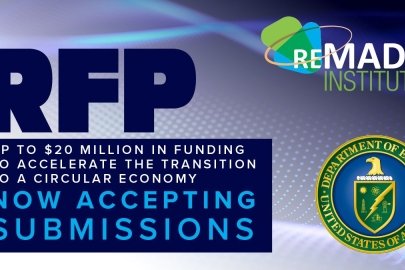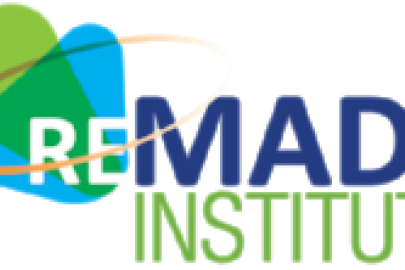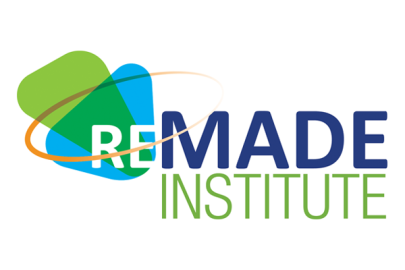The Advanced Materials & Manufacturing Technologies Office (AMMTO) seeks to establish recycling and reuse systems for the goods economy through material and product design, recycling technology development, and reverse supply chain logistics.
Manufacturing systems have traditionally been based on a linear model. Raw materials are extracted from nature, manufactured into intermediate and then end-products, and finally disposed of in a landfill at the end of the product’s useful life. Recycling and reuse systems provide opportunities to re-manufacture and reuse end-of-life consumer products instead of having them end up in a landfill. These activities can reduce landfill waste and decrease the lifetime energy cost of products across the manufacturing economy.
Featured Activities
Consortia
What is a consortium?




